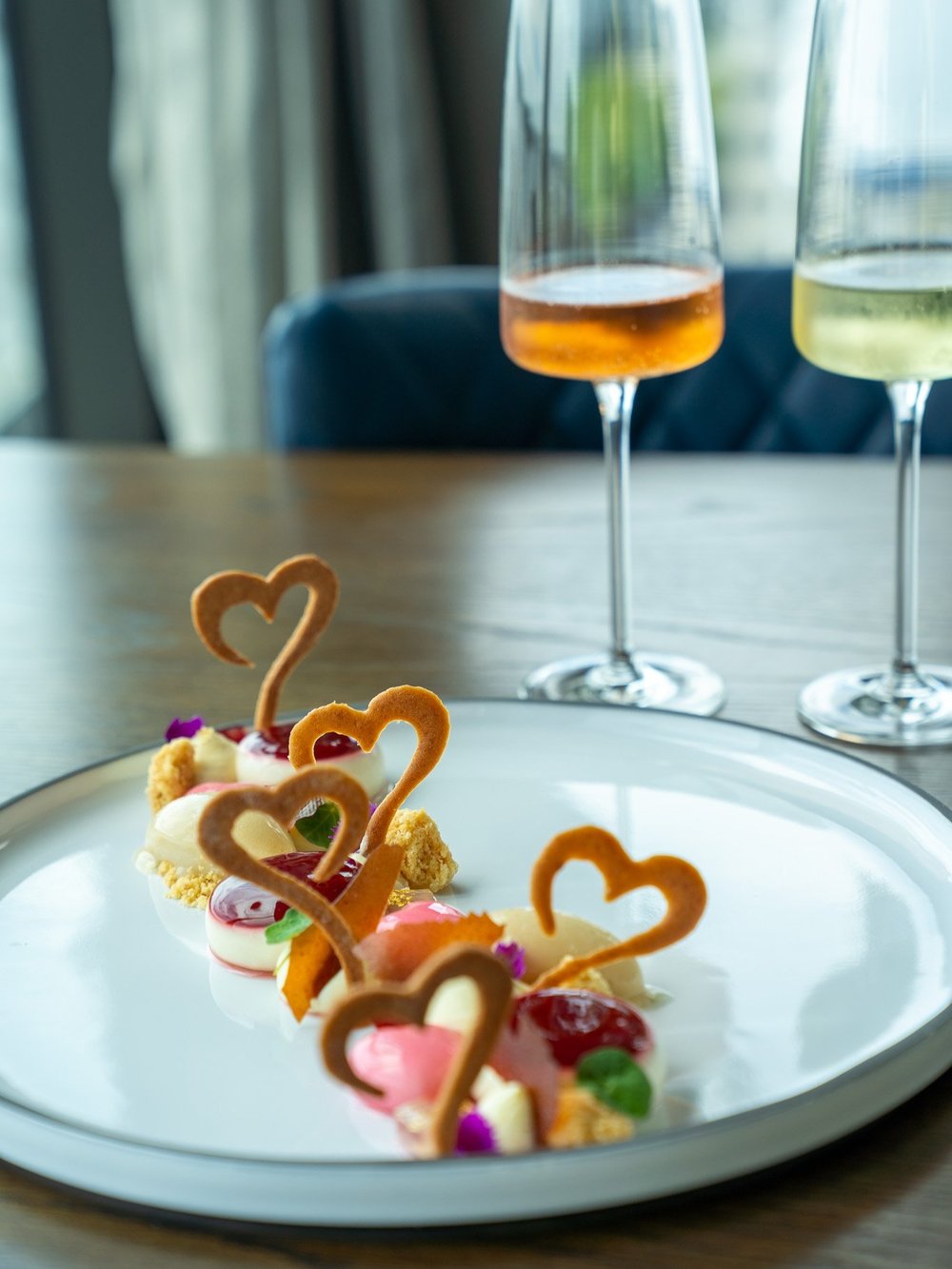Mastering the Art of Communication in Relationships
Effective communication is the cornerstone of any healthy relationship. It is the medium through which partners express their needs, desires, and concerns, fostering understanding and intimacy. However, the way we communicate can vary greatly, influenced by our emotions, the situation at hand, and our personal communication styles. Exploring different lines of communication can enrich the connection with your partner, helping both parties feel heard and understood. This article delves into various communication strategies to enhance your relationship, ensuring that your messages are conveyed and received with clarity and empathy.
Verbal Communication: The Power of Words
Engaging in Meaningful Conversations
Verbal communication is perhaps the most direct way to express thoughts and feelings. Engaging in meaningful conversations with your beloved escort involves more than just talking about day-to-day activities. It's about sharing your inner world—your thoughts, feelings, hopes, and fears. To enhance verbal communication, practice active listening, which involves fully concentrating on what is being said rather than just passively hearing the speaker's words. This ensures that your partner feels valued and understood.
Using "I" Statements to Express Feelings
In situations of conflict or when expressing difficult emotions, the use of "I" statements can be incredibly effective. Instead of placing blame on your partner (e.g., "You never listen to me"), express how you feel and what you need from them (e.g., "I feel upset when I don't feel heard"). This approach fosters a more constructive and less accusatory dialogue, paving the way for a resolution that meets both partners' needs.
Non-Verbal Communication: Beyond Words
Understanding Body Language and Physical Touch
Non-verbal communication, such as body language and physical touch, can convey volumes without a single word being spoken. A gentle touch, a hug, or even a reassuring smile can express love, support, and understanding. Paying attention to your partner's body language can also give you insight into their feelings and needs, often revealing more than words alone. Being mindful of your own non-verbal cues ensures that you're communicating your feelings accurately and positively.
The Role of Eye Contact and Facial Expressions
Eye contact and facial expressions are powerful tools in non-verbal communication. Maintaining eye contact during conversations conveys interest, honesty, and openness, while facial expressions can communicate a range of emotions, from joy and love to concern and empathy. Being conscious of these signals and interpreting them correctly can enhance the emotional connection with your partner, making communication more effective and heartfelt.
Written Communication: Expressing Love and Concern
The Value of Written Notes and Letters
In the age of digital communication, the personal touch of a handwritten note or letter can have a profound impact. Writing allows you to articulate your thoughts and feelings carefully, often providing a clearer and more thoughtful expression of love, appreciation, or concern. Whether it's a love letter, a note tucked into a lunch bag, or a thoughtful text message, written communication can be a beautiful way to express your feelings and strengthen your bond.
Utilizing Digital Communication Thoughtfully
Digital communication, including texts, emails, and social media, can be a convenient way to stay connected, especially for couples in long-distance relationships or with busy schedules. However, it's important to use these tools thoughtfully. Be mindful of your tone, as it can be easily misinterpreted without the cues of face-to-face interaction. Use digital communication to send positive affirmations, plan special dates, or simply check in with your partner, ensuring that the technology serves to enhance rather than hinder your connection.
Emotional Communication: Sharing Your Inner World
Cultivating Emotional Intelligence
Emotional communication involves sharing your feelings openly and responding to your partner's emotions with empathy and understanding. Cultivating emotional intelligence—recognizing your own emotions and those of your partner—plays a key role in this process. It allows you to navigate complex emotional landscapes, offering support, and understanding when needed, and expressing your own needs in a way that fosters closeness and trust.
The Importance of Vulnerability
Being vulnerable with your partner, though sometimes daunting, is essential for deepening your connection. It involves opening up about your fears, insecurities, and dreams, trusting your partner with your most authentic self. This level of openness can significantly strengthen your bond, creating a safe space for both partners to grow and explore their relationship on a deeper level.
In conclusion, mastering the art of communication in relationships involves exploring and utilizing various communication lines—verbal, non-verbal, written, and emotional. By adopting these strategies, you can enhance understanding, intimacy, and connection with your partner, ensuring a strong, healthy, and fulfilling relationship.


